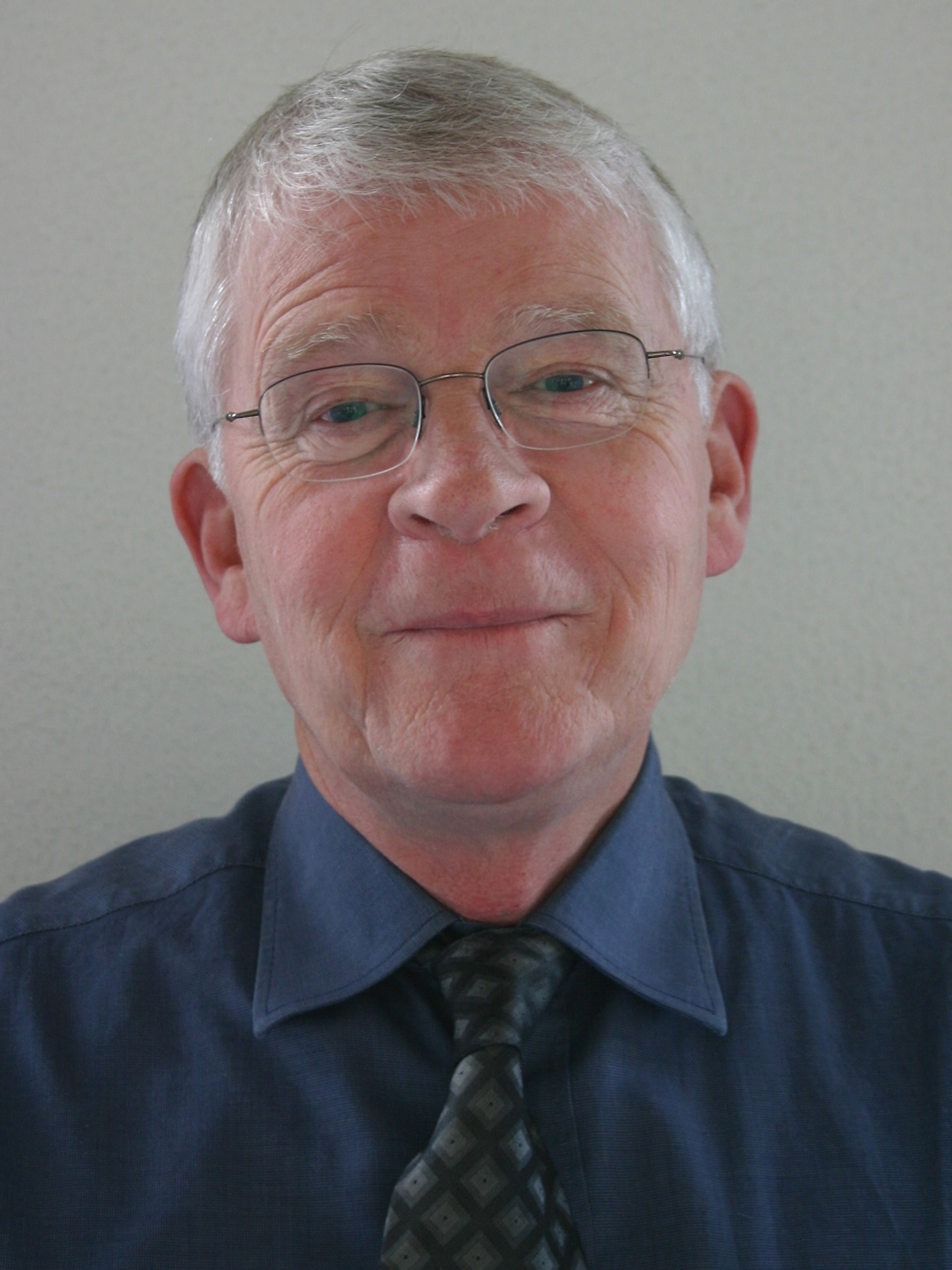Obituary of Peder J. Pedersen
It is with great sadness that we received the news about Professor Peder J. Pedersen's death. Peder J. Pedersen died suddenly at the end of July of a heart attack at the age of 80 years.

Peder J. Pedersen was cand.polit. from University of Copenhagen, and got his doctoral degree at the Department of Economics in 1984. Peder started his academic career as an assistant professor at Copenhagen Business School in 1970. In 1974, he and his family moved to Aarhus, and he was employed at the Department of Economics as an associate professor. In 1983, he became professor at Aarhus School of Business, and later, in 1991, professor at the Department of Economics at Aarhus University, where he was employed until his death – the last ten years as an emeritus professor.
With Peder J. Pedersen's death, Denmark has lost one of its major economists. During half a century, he influenced economic research and the public debate on the welfare state and the Danish labour market. Peder was a member of several government commissions and committees. Over the years 1985-1991 he was a member of the chairmanship of the Danish Economic Council (vismand), and he was board member in a number of public and private companies. He was admitted to the Royal Danish Academy of Sciences and Letters in 1993, and he was a very active researcher in Danish and international research networks and conferences throughout his career. Peder never actually retired; he was always working on new research projects, and had new publications in the pipeline until his death.
Peder J. Pedersen's CV is long and impressive and covers many different topics within the fields of social and labour market economics: Income distribution and poverty, trade unions, organisation and strikes, international migration and integration, labour supply, taxation and incentives, as well as retirement age and withdrawal – All research topics of great relevance to society. Peder had the ability to always become absorbed in research topics of major socio-economic relevance, and he often contributed with his knowledge of the weakest groups in society – always based on solid and thorough empirical analyses. Even when Peder was not performing the actual programming of the statistical analyses, he could often – after a glance at the results – assess whether the analyses had been done correctly. Peder was also known for his extremely extensive knowledge of both Danish and international labour market conditions, and he was an endless source of knowledge about historical and current economic conditions. All of which colleagues could always count on benefiting from.
In the late 1970s, Danish and international economic research was characterised by new trends in terms of understanding the persistently high unemployment rates, which also characterised the Danish economy. New register data at Statistics Denmark including unemployment data, education data and income data provided a unique opportunity to test new theories. Peder and his colleagues at Aarhus University (Henning Bunzel, Niels Westergaard-Nielsen, Peter Jensen, Lars Muus and Nina Smith) joined forces in establishing an entirely new research environment within empirical labour market research which was to contribute to explaining the high structural unemployment in Denmark.
The 'Labour Market Group' and later the basic research centre CLS (1993-1998), which Peder was one of the founders of, became a very long-standing, strong research community, which gained great impact, and provided valuable input to the economic-political debate about solving the large structural problems in the Danish labour market.
The members of Labour Market Group were probably the first researchers in the world to get access to administrative register data from Statistics Denmark in 1982. Peder was a driving force in establishing research based on register data on, among other things, unemployment. Later, many other research topics were added based on the new opportunities provided by the use of register data. When Peder became a member of the chairmanship of the Economic Council in 1985, he thus contributed to setting the agenda for the work of the Council members, and he was a driving force of the famous report from 1988 in which the Council members, for the first time, focused intensely on the large structural problems that characterised the labour market at the time using register-based analyses . This helped trigger the major political-economic reform work of the next two decades.
Later, Peder’s research interest turned in the direction of pension systems and withdrawal from the labour market, and for two decades he contributed to the National Bureau of Economic Research’ (NBER) International Social Security project in collaboration with Nabanita Datta Gupta, Malene Kallestrup-Lamb and Paul Bingley from VIVE. The project maps the effect of incentives in pension systems on retirement behaviour in the OECD countries. Also in this international collaboration, Peder was an incredibly insightful and skilled co-author, and his knowledge and expertise in the fields of pensions, retirement and the labour market in Denmark was inexhaustible.
Peder was an incredibly good colleague, and over the years he has taken many young researchers under his wing and helped them along in their careers. Through all the years, he was a cherished supervisor for countless Master's thesis students, and a very talented and inspiring lecturer.
We will remember Peder as an extremely competent economist and a really good friend, and we will miss our talented, humorous, inspiring, warm, positive and ever-giving colleague. Our deepest sympathy and thoughts go to Bodil, Peder’s children Morten and Marie and the grandchildren.
In respect of Peder’s memory.
On behalf of Department of Economics and Business Economics, Aarhus University
Nina Smith, Henning Bunzel, Malene Kallestrup-Lamb and Nabanita Datta Gupta









